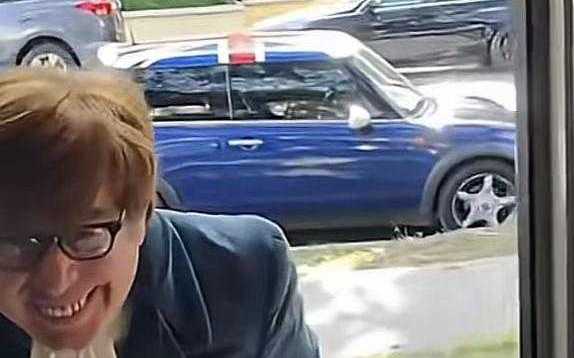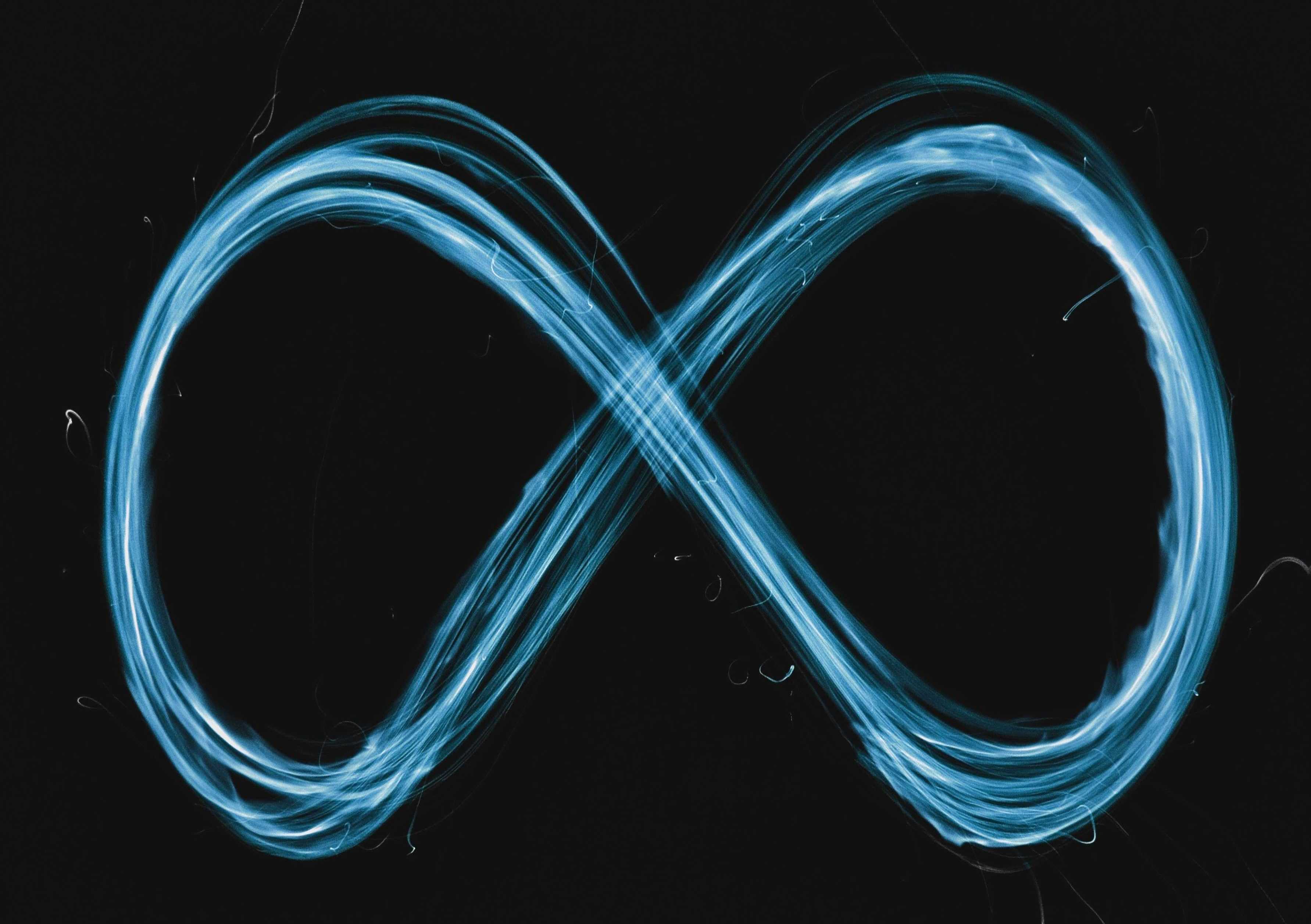Fred Meyer store got $50,000 for winning Powerball ticket and gave it all to a local food bank
The money will provide approximately 66,000 meals to the community.

A Fred Meyer store in Washington State passed its lottery bonus on to the Auburn Food Bank.
When someone wins a Powerball lottery jackpot, they aren't the only ones who get a cash prize. The store that sells the winning ticket also receives a cash bonus for selling the winning ticket. The amount of the reward varies depending on the state and the total amount of the lottery, but it can end up being a significant chunk of change.
On February 6, a Fred Meyer store in Auburn, Washington, sold the winning ticket for the $754.6 million Powerball jackpot—the fifth largest Powerball amount ever seen. As a bonus for selling the ticket, the Fred Meyer store received a check for $50,000.
But instead of pocketing the cash, the Kroger-owned store turned around and gave it to the Auburn Food Bank.
The donation was made in honor of the company's Zero Hunger | Zero Waste program, which includes a goal to donate 3 billion meals to local communities by 2025. According to the City of Auburn, that $50,000 will provide approximately 66,000 meals in the area.
Naturally, the food bank was grateful to the Fred Meyer store for the unexpected gift.
“Hunger and food insecurity are critical issues across the state and partnerships like this one with Fred Meyer and QFC aim to shrink the numbers of people facing food insecurity,” Debbie Christian, executive director of the Auburn Food Bank, told KING5 News.
Despite passing along the entirety of the lottery reward, employees of the Fred Meyer store will still benefit from the sale of the winning ticket, thanks to their generous company headquarters.
“It’s always good to give back and today everyone wins,” Fred Meyer President Todd Kammeyer said in a statement. “In addition to this donation, Fred Meyer is giving $10,000 to the store for our associates to celebrate."
As for the winner of the $754.6 million jackpot? Well, she has a fun story, too.
Becky Bell is a supply chain analyst for The Boeing Company, which just delivered its last 747 jumbo jet at the end of January. Bell has worked for the aircraft giant for 36 years and was planning to retire in June. When she saw that the Powerball estimate was $747 million while on a trip to the store with her daughter on February 5, she took it as a sign.
“That’s when it hit me…I had to buy one more ticket,” said Bell, according to a Washington Lottery press release.
That second ticket she bought was the sole winner of the jackpot, which ended up being over $7 million more than the estimated $747 million. But at first, she didn't know. When she scanned her ticket and it said it was a winner, all she knew was that she had won at least $600, "which was pretty exciting," she said. She'd never won more than $20 in her life.
Then she checked the numbers and realized she had all of them—the whole jackpot. She had to call her daughters, sisters and mom to double, triple and quadruple-check that she had the right numbers.
“The funny thing was my mom misheard me when I told her how much I won,” said Bell, who said she would help take care of her family members. “She said ‘Seven million…that’s great, honey. Everyone can have a million.’ Then I had to say, ‘No, mom, seven HUNDRED million dollars. Pretty soon, everyone was crying.”
After choosing to receive her winnings in one lump sum instead of gradual payments over 29 years, Bell will take home almost $309.5 million. She has moved her retirement date up to the end of March, staying on long enough to finish training her replacement at Boeing.
So much winning all around.
- After seeing a man struggle to pay for pet food, this couple created a pet food pantry for the community ›
- After facing food insecurity as a child, Shawn now ensures families in his community have enough to eat ›
- The San Antonio Food Bank was swamped by 10,000 families in one day, and the images are surreal ›
- Man describes the strange truth part about winning the lottery - Upworthy ›
- 198 employees were moved to tears when they opened up their 'surprise' Christmas bonus - Upworthy ›






 A woman is getting angry at her coworker.via
A woman is getting angry at her coworker.via  A man with tape over his mouth.via
A man with tape over his mouth.via  A husband is angry with his wife. via
A husband is angry with his wife. via 
 Austin Powers impersonator arrives at Chase Hofer's apartment.Photo Credit: Kenneth Webb, TikTok
Austin Powers impersonator arrives at Chase Hofer's apartment.Photo Credit: Kenneth Webb, TikTok
 Mom hugging crying daughter
Mom hugging crying daughter Dad kissing child on cheek
Dad kissing child on cheek Mom comforting daughter
Mom comforting daughter

 A blue light painting of an infinity symbol. Photo by
A blue light painting of an infinity symbol. Photo by